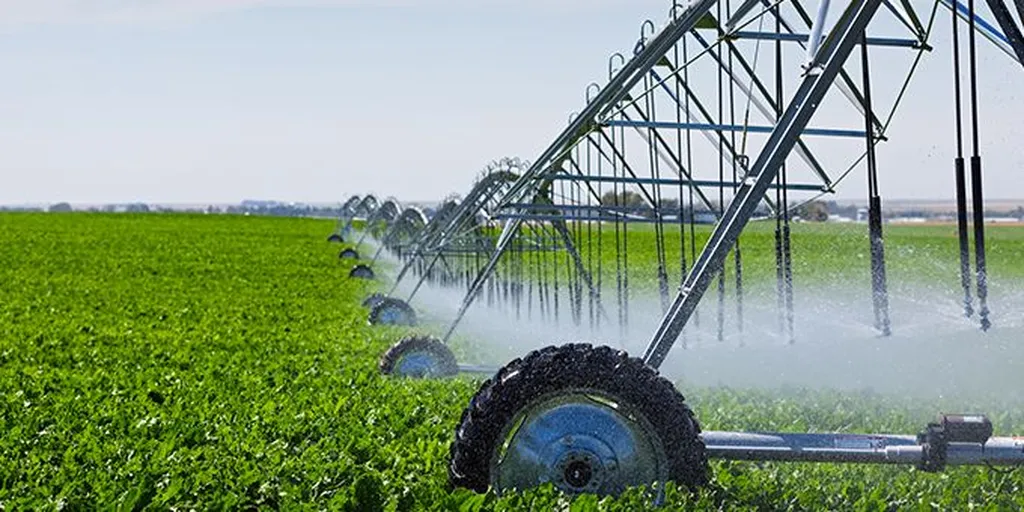In the wake of the COVID-19 pandemic, the agricultural sector in the MENA region has witnessed a notable shift in attitudes towards machine learning (ML) adoption, according to a recent study published in the journal *Sustainable Futures* (which translates to *مستقبل مستدام* in Arabic). The research, led by Sayed Abdul Majid Gilani of Birmingham City Business School, Birmingham City University, UK, explores how the pandemic has influenced the diffusion of ML technologies among rural farms in Algeria, Egypt, Morocco, Tunisia, and the United Arab Emirates (UAE).
The study, which involved semi-structured interviews with 50 rural farm owners, reveals a significant increase in awareness and confidence in ML technologies post-pandemic. “We observed a marked change in the perception of ML among rural farmers,” says Gilani. “Many now recognize the benefits, such as operational efficiency and cost reduction, which were not as apparent before the pandemic.”
Before COVID-19, rural farms in the MENA region lagged in ML adoption due to infrastructure deficits, high costs, cultural factors, and limited knowledge. However, the pandemic seems to have accelerated the acceptance of digital technologies. “The cultural resistance and knowledge gaps, which were major barriers, have diminished,” Gilani notes. “This shift is crucial for addressing the digital divide in rural agriculture.”
The study introduces the Machine Learning Adoption Framework version 3 (MLAFv3), which highlights changes in drivers and barriers to ML adoption pre- and post-COVID-19. It also proposes a practical ML-integrated crop management system to facilitate adoption among rural farmers. This framework and system could serve as a model for other regions facing similar challenges.
The commercial implications for the energy sector are significant. As rural farms become more efficient through ML adoption, the demand for energy-efficient technologies is likely to increase. This could drive innovation in renewable energy solutions tailored to agricultural needs, fostering a more sustainable and resilient rural economy.
The findings contribute to the broader conversation on digital transformation in agriculture and offer policy and practical recommendations to enhance ML adoption. By bridging the digital divide, rural farms can achieve greater economic resilience and cultural preservation, ultimately shaping a more sustainable future for the MENA region and beyond.
As the world continues to grapple with the aftermath of the pandemic, this research underscores the importance of leveraging technology to build a more resilient and sustainable agricultural sector. The insights from this study could pave the way for similar advancements in other regions, fostering a global movement towards smarter, more efficient farming practices.

